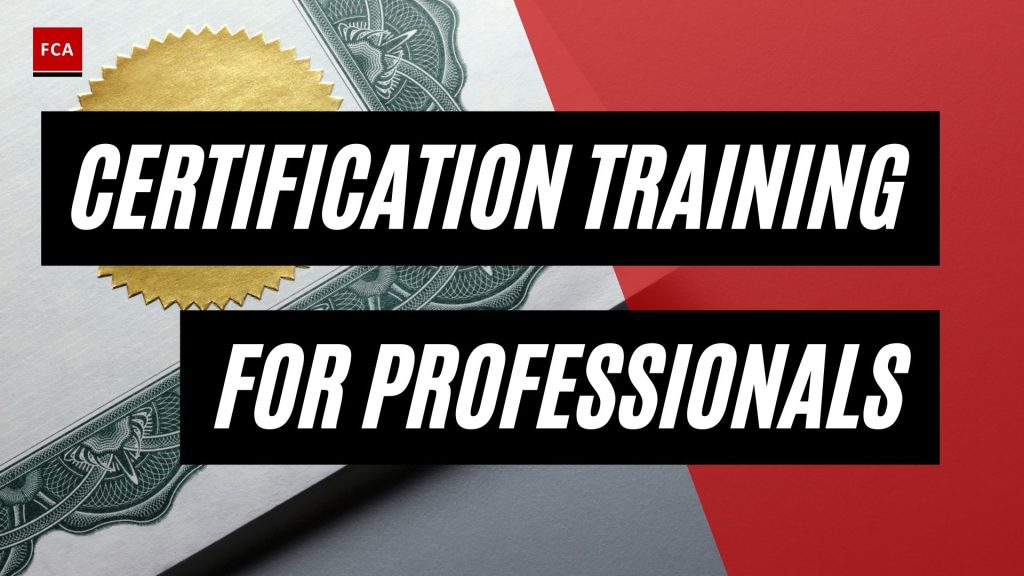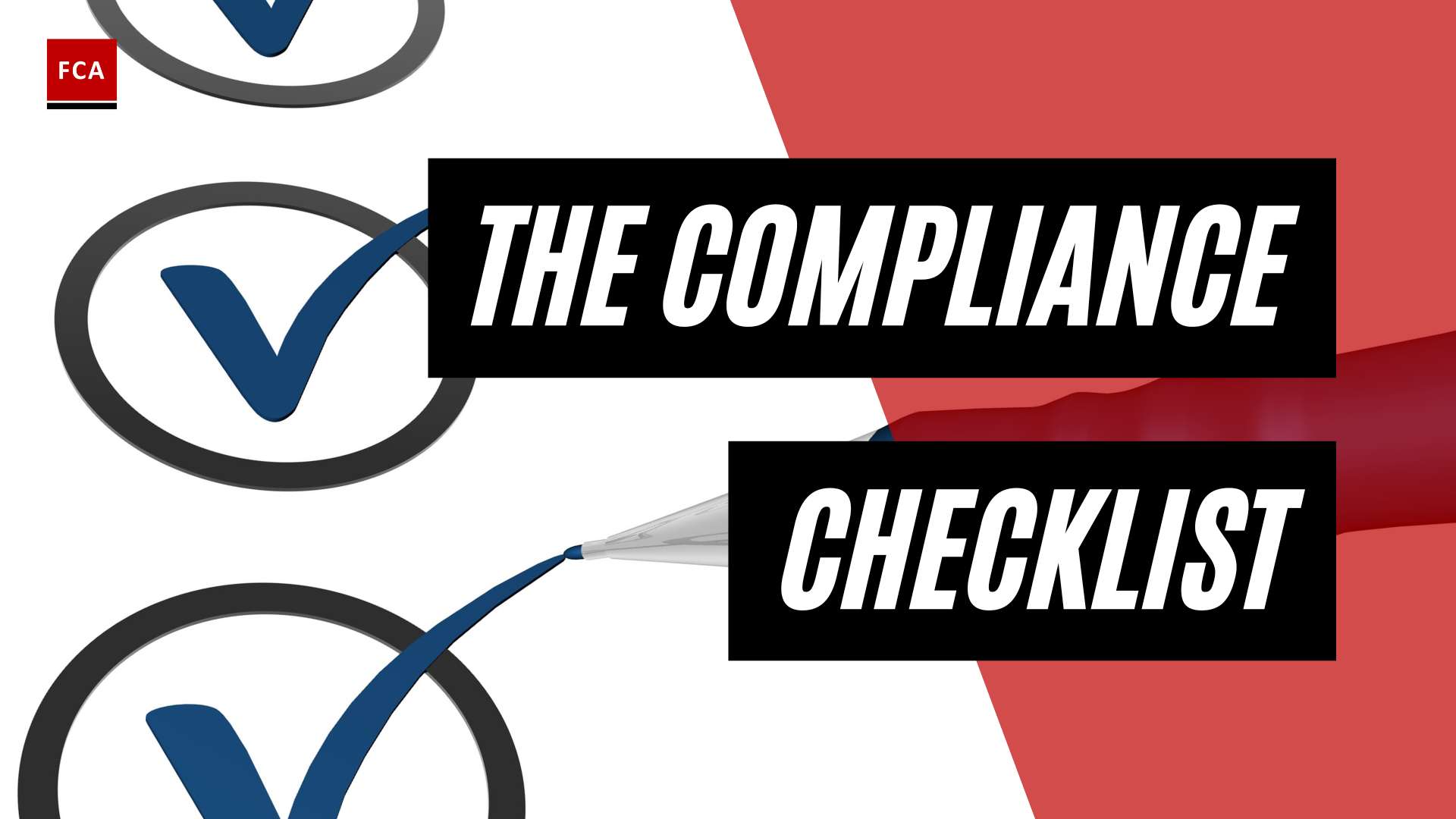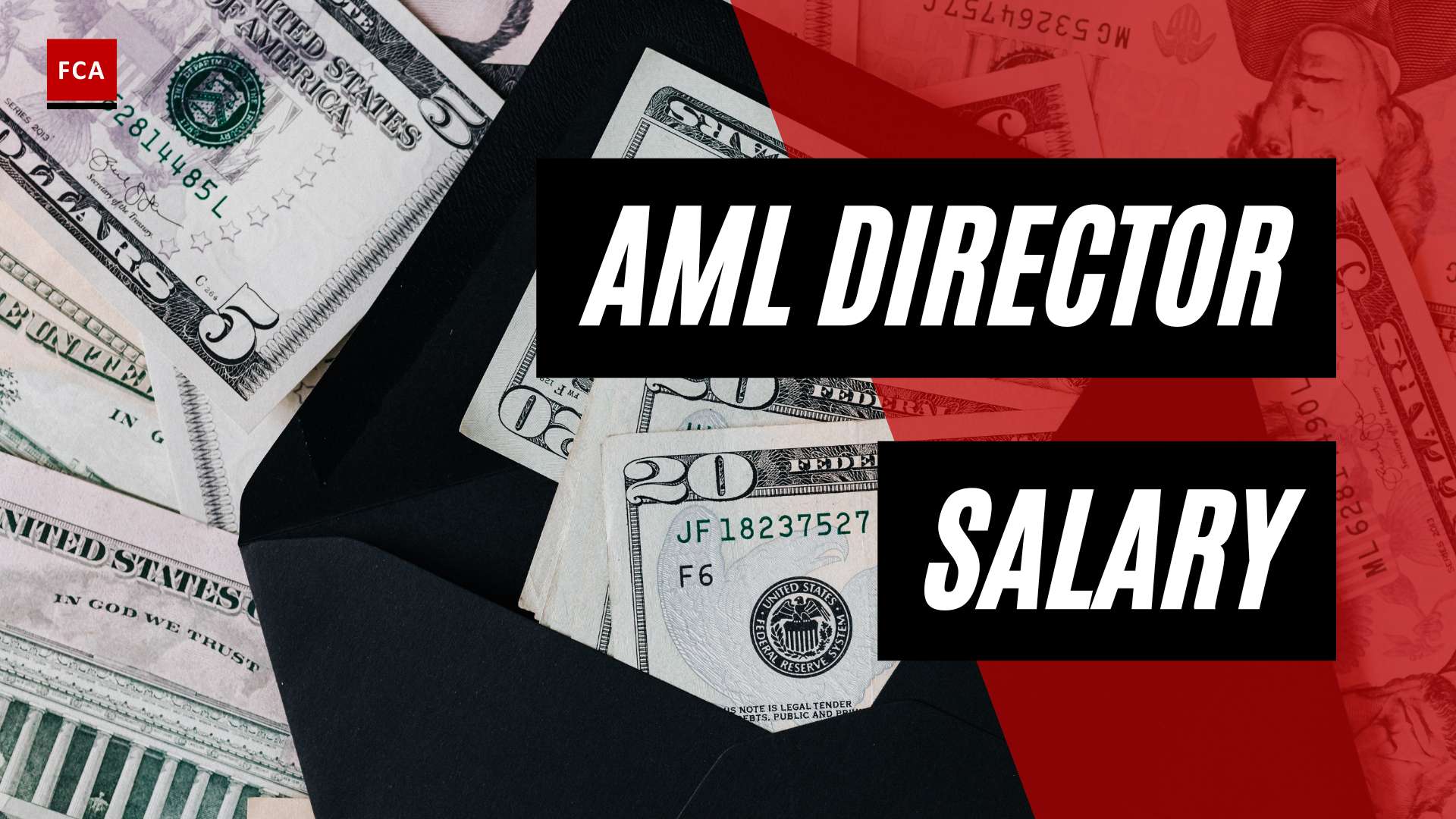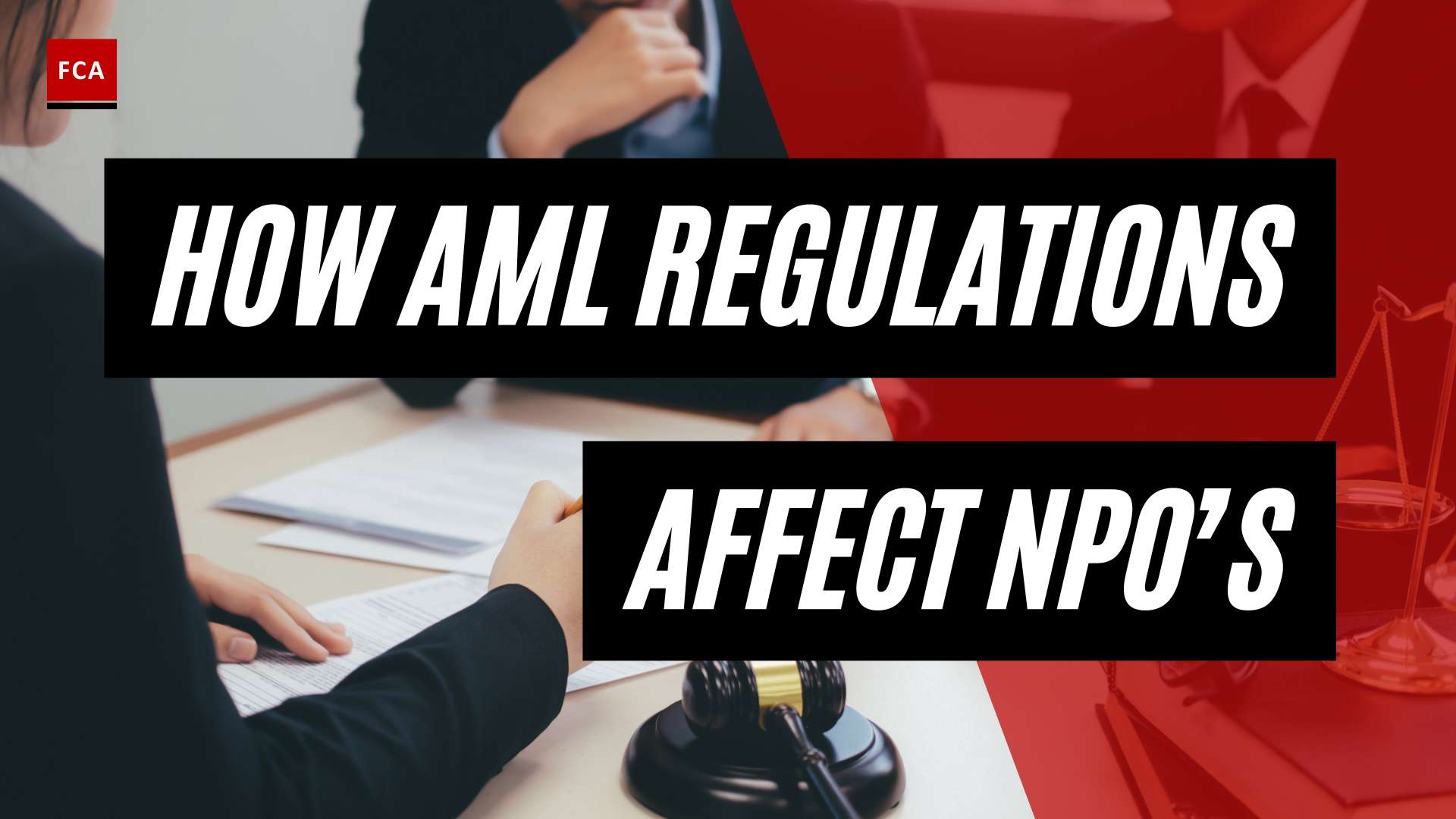AML Certification Training: Enhancing Compliance Skills
In the ever-evolving landscape of financial crime prevention, AML (Anti-Money Laundering) certification training plays a vital role in enhancing the compliance skills of professionals. This training focuses on equipping individuals with the knowledge and tools necessary to detect and prevent money laundering and other financial crimes.
Importance of AML and CTF Employee Training
AML and CTF (Counter-Terrorist Financing) employee training is crucial for organizations to stay compliant with legal requirements and mitigate financial crime risks (Financial Crime Academy). By providing employees with comprehensive training, organizations can foster a culture of compliance and empower their workforce to actively participate in the fight against financial crime.
Through AML and CTF training, employees gain a deeper understanding of their responsibilities in detecting and reporting suspicious activities. They learn to recognize red flags associated with money laundering and terrorist financing, enabling them to take prompt and appropriate actions to mitigate risks within their organizations. This training helps create a vigilant workforce that plays a crucial role in preventing and combating financial crime.
Benefits of AML Certification Training
Participating in AML certification training programs offers numerous benefits for professionals working in compliance, risk management, anti-money laundering, and anti-financial crime roles. These programs are designed to provide comprehensive knowledge and understanding of AML regulations, compliance frameworks, and methods for identifying and addressing financial crime challenges effectively.
By undergoing AML certification training, professionals gain a competitive edge in the job market. Employers value individuals who possess up-to-date knowledge and skills related to AML compliance. A robust AML certification training program enhances an employee’s ability to contribute to the overall financial crime prevention and compliance efforts of an organization, safeguarding its reputation and integrity in the market (Financial Crime Academy).
Moreover, AML certification training programs often cover emerging AML threats and industry trends, ensuring that professionals are equipped with the latest insights and strategies to combat financial crime. This knowledge enables professionals to stay ahead of regulatory updates and implement effective measures to address evolving risks.
In summary, AML and CTF employee training is of paramount importance for organizations and professionals alike. It not only helps organizations meet regulatory requirements but also empowers professionals with the skills and knowledge to actively contribute to the prevention and detection of financial crime. By investing in AML certification training, professionals can enhance their compliance skills, improve career prospects, and make a significant impact in the fight against money laundering and other financial crimes.
AML Certification Programs: Options and Overview
To enhance their compliance skills and stay up-to-date with the latest AML regulations and practices, professionals can pursue various AML certification programs. These programs provide comprehensive training and knowledge in anti-money laundering (AML) and equip individuals with the necessary expertise to combat financial crimes. Here are some popular AML certification programs:
AML Foundations Certificate Program
The AML Foundations Certificate Program is designed for professionals seeking to jumpstart their career in AML. This program covers essential topics such as compliance, AML regulations, risk management, and due diligence. The certificate program consists of 10 modules, each offering a comprehensive overview of key areas in AML practices. It covers topics such as AML risks, correspondent banking, trade-based money laundering, sanctions, and customer due diligence.
Anti-Money Laundering Foundation Course
The Anti-Money Laundering Foundation Course (AMLFC) is a certification training program designed to provide participants with a comprehensive understanding of AML regimes. It ensures compliance with global regulations and best practices. The AMLFC covers topics such as the history and nature of money laundering, risk assessment, customer due diligence, and Know Your Customer (KYC) requirements. This program equips participants with the necessary knowledge and skills for effective AML compliance.
CAMP Certification by FCA
The Certified Anti-Money Laundering Professional (CAMP) certification by FCA is one of the most sought-after AML certifications. It is widely recognized and respected in the industry. The CAMP certification demonstrates a professional’s expertise in AML detection and prevention. To obtain the CAMP certification, individuals must pass a rigorous examination that assesses their knowledge of AML practices, regulations, and emerging trends.
AML Certification Training: Course Content and Delivery
To enhance compliance skills and equip professionals with the necessary knowledge to combat money laundering and financial crimes, AML certification training programs offer comprehensive courses on various aspects of anti-money laundering (AML) and counter-terrorist financing (CTF) practices. These programs cover essential topics and provide participants with the tools to identify and address emerging AML threats effectively.
Key Topics Covered in AML Certification Training
AML certification training programs encompass a wide range of topics related to anti-money laundering, compliance frameworks, risk management, and financial crime prevention. Some key areas covered include:
- AML Regulations and Laws: Understanding the global regulatory landscape, including anti-money laundering laws, regulations, and compliance requirements.
- Risk Assessment and Management: Learning how to conduct risk assessments, identify potential risks, and develop risk mitigation strategies to prevent money laundering and financial crimes.
- Customer Due Diligence (CDD): Exploring the importance of CDD processes, including customer identification, verification, and ongoing monitoring to ensure compliance with AML regulations.
- Transaction Monitoring: Gaining insights into transaction monitoring techniques and tools to detect suspicious activities and patterns that may indicate money laundering or other financial crimes.
- Know Your Customer (KYC): Understanding the KYC principles and practices to establish the identity and assess the integrity of customers, clients, and counterparties.
- Sanctions and Embargoes: Familiarizing oneself with international sanctions programs, identifying sanctioned individuals and entities, and implementing effective compliance measures.
- Emerging AML Threats: Staying updated with the latest AML industry trends and regulatory updates to effectively address emerging threats and vulnerabilities.
Online and Flexible Learning Options
AML certification training is often delivered through online platforms, providing professionals with the flexibility to study at their own pace and convenience. These programs utilize a variety of instructional methods, including video lectures, interactive modules, case studies, and assessments, to ensure a comprehensive learning experience.
Online learning platforms offer the advantage of accessibility, allowing professionals to access course materials from anywhere with an internet connection. This flexibility enables individuals to balance their AML certification training with their work commitments.
By choosing online and flexible learning options, professionals can enhance their compliance skills and stay updated with the evolving landscape of AML regulations and best practices. These training programs provide a solid foundation for professionals working in compliance, risk management, anti-money laundering, and anti-financial crime roles, enabling them to contribute effectively to their organizations’ AML compliance efforts.
To explore various AML certification programs and their specific course content, refer to our articles on aml training courses and aml training programs.
Career Opportunities with AML Certification
Acquiring an AML certification not only enhances your knowledge and skills in anti-money laundering practices but also opens up a wide range of career opportunities in the financial industry. Many job roles now require AML certification to ensure compliance with regulations and maintain the integrity of financial systems (Indeed). Let’s explore some of the job roles that often require AML certification and the advantages it offers in the job market.
Job Roles Requiring AML Certification
AML certification is highly valued by employers when hiring professionals for roles that involve compliance, risk management, anti-money laundering, and anti-financial crime. Some of the job roles that frequently require AML certification include:
- AML Analysts: These professionals are responsible for detecting and investigating potential money laundering activities in financial transactions. AML certification equips them with the necessary skills to analyze complex financial data and identify suspicious patterns.
- Investigators: AML investigators play a crucial role in scrutinizing potential money laundering cases and gathering evidence. AML certification provides them with a solid foundation in understanding the techniques used by money launderers and helps them effectively identify and report suspicious activities.
- Compliance Officers: Compliance officers ensure that financial institutions adhere to relevant laws and regulations. AML certification enables them to develop and implement robust AML policies and procedures, ensuring compliance and mitigating the risk of money laundering.
- Risk Management Specialists: AML-certified risk management specialists assess and manage the risks associated with money laundering and terrorist financing. Their expertise helps financial institutions identify vulnerabilities and implement effective risk mitigation measures.
Advantages of AML Certification in the Job Market
Obtaining an AML certification can significantly enhance your career prospects and offer various advantages in the job market. Some key advantages include:
- Better Job Prospects: AML certification demonstrates your commitment to staying updated with industry best practices and regulations. This commitment makes you an attractive candidate for employers seeking individuals with expertise in anti-money laundering.
- Increased Earning Potential: AML-certified professionals often have higher earning potential compared to their non-certified counterparts. The specialized knowledge and skills gained through AML certification can lead to better compensation packages and opportunities for career growth.
- Career Advancement: AML certification can pave the way for career advancement in the anti-money laundering field. Employers value certified professionals for their ability to effectively address emerging AML threats and navigate evolving regulatory landscapes.
- Professional Credibility: AML certification enhances your professional credibility and validates your expertise in anti-money laundering principles and practices. It demonstrates your commitment to maintaining the highest standards of integrity in the financial industry.
By obtaining an AML certification, you position yourself for success in a highly regulated industry. The certification not only expands your knowledge and skills but also provides you with a competitive edge in the job market, increasing your chances of securing rewarding roles in compliance, risk management, and anti-money laundering.
AML Certification Exam: Preparation and Requirements
To obtain an AML certification, professionals need to pass a certification exam that assesses their knowledge and understanding of anti-money laundering practices. This section explores the preparation required for the AML certification exam and the resources available to support candidates.
Exam Format and Passing Score
The format of the AML certification exams may vary depending on the specific certification program. However, in many cases, the exams consist of multiple-choice questions that test candidates’ comprehension of AML concepts, regulations, and best practices.
Study Materials and Support
To help candidates prepare for the AML certification exam, various study materials and support resources are available. These resources aim to provide comprehensive coverage of AML topics and facilitate effective exam preparation.
FCA offers study materials and resources for the CAMP certification exam. These materials include textbooks, practice questions, and online learning modules. FCA also provides support through the entire certification process, offering guidance and assistance to candidates. Utilizing these resources can enhance candidates’ understanding of AML concepts and increase their chances of success on the exam.
In addition to FCA, other AML certification programs may also provide study materials and support to candidates. These resources can include online courses, training videos, practice exams, and reference materials. Candidates should explore the offerings of their chosen certification program and take advantage of the resources provided to ensure thorough exam preparation.
By utilizing the study materials and support available, candidates can enhance their knowledge and readiness for the AML certification exam. It is important to thoroughly review the exam content, practice with sample questions, and seek clarification on any areas of uncertainty. With proper preparation and a comprehensive understanding of AML practices, professionals can increase their chances of passing the certification exam and acquiring their AML certification.
AML Certification Programs: Options and Overview
To enhance their compliance skills and stay up-to-date with emerging AML threats, professionals working in compliance, risk management, anti-money laundering, and anti-financial crime can benefit from AML certification training. These programs provide comprehensive knowledge and understanding of AML regulations, compliance frameworks, and methods for identifying and addressing financial crime challenges effectively. Let’s explore some popular AML certification programs available:
AML Foundations Certificate Program
FCA offers the AML Foundations certificate program, which is designed for professionals seeking to jumpstart their career in anti-money laundering (AML). This program covers essential topics such as compliance, AML regulations, risk management, and due diligence. It consists of 10 modules, each offering a comprehensive overview of key areas in anti-money laundering practices. Some of the topics covered in this program include AML risks, correspondent banking, trade-based money laundering, sanctions, and customer due diligence.
The AML Foundations certificate program is delivered online, allowing professionals the flexibility to study at their own pace and schedule. This format enables individuals to balance their professional commitments while acquiring the necessary skills and knowledge to combat financial crimes effectively.
AGLC AML Certification for Gaming Workers
For professionals in the gaming industry, the AGLC AML Certification for Gaming Workers offers specialized training on AML compliance within the context of the gaming sector. This program equips individuals with the skills to recognize and address money laundering risks specific to the industry. It covers topics such as suspicious transaction reporting, source of funds, and customer due diligence.
The AGLC AML Certification for Gaming Workers is particularly valuable for individuals working in casinos, gaming establishments, and related sectors, where compliance with AML regulations is crucial.
AMLFC: Anti-Money Laundering Foundation Course
The AMLFC (Anti-Money Laundering Foundation Course) is a comprehensive training program that provides individuals with a strong foundation in anti-money laundering practices. This course covers various aspects of AML, including risk assessment, AML laws and regulations, and fraud detection techniques. It equips professionals with the knowledge and skills needed to identify potential money laundering activities and take appropriate actions to prevent financial crimes.
The AMLFC is suitable for individuals seeking a broad understanding of AML principles and best practices. It can be particularly beneficial for professionals who are new to the field of AML or those who want to refresh their knowledge.
CAMP Certification by FCA
The CAMP (Certified Anti-Money Laundering Professional) certification offered by FCA is widely recognized and respected in the industry. It is a globally recognized credential that demonstrates expertise in AML and financial crime prevention. The CAMP certification requires passing a rigorous examination that assesses a candidate’s knowledge of AML concepts, regulations, and best practices.
Obtaining the CAMP certification can significantly enhance career prospects in the AML field. Job postings for AML certification often list this certification as a requirement, along with relevant experience and a bachelor’s degree in a related field.








